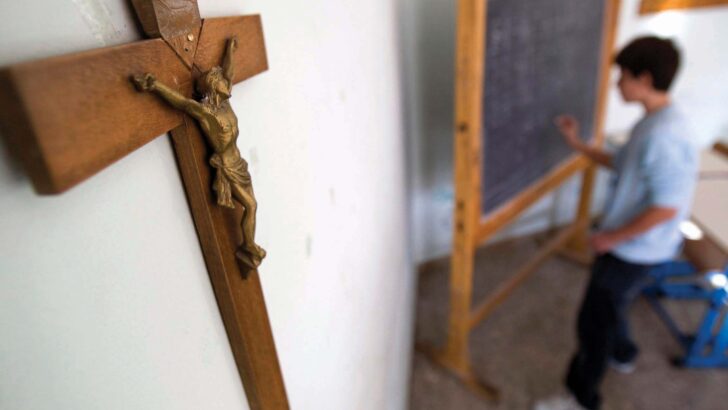Catholic primary schools will continue to follow their own faith-based programmes which require teachers to have a religious education certificate despite pressure to remove the requirement, according to the head of the Catholic Education Partnership (CEP).
This comes as the Irish National Teachers’ Organisation (INTO) announced after their annual congress the aim to engage with primary school patrons and management bodies “to remove the requirement for a religious education certificate in order to teach in denominational schools”.
CEO of the CEP Alan Hynes told The Irish Catholic: “We have our own patronage programme. Any teacher in these schools needs to be qualified to engage with those patronage programmes and in Catholic schools they need to have the necessary qualifications certificates to teach religious studies and that simply is just a necessary qualification to teach in our schools.
“Regardless of whether you have future reconfiguration, each school will continue to have its own patronage programmes… We have a reasonable expectation that teachers who teach in our schools be qualified to teach in the type of school they’re teaching in. We don’t see that as being terribly controversial,” he said.
The INTO cited the fact 90% of primary schools are Catholic, saying it “acknowledges the importance of inclusive education to all children… but is concerned that the status quo may be infringing this right”.
The delegates voted to conduct a survey among members within the next year on various issues relating to religious patronage including the role of schools in faith formation and their experiences with religious and secular patronage systems.
Mr Hynes questioned why the INTO would be conducting a survey along this vein when the Department of Education is shortly about to engage in a nationwide survey asking opinions of parents and school staff – which include INTO members.
“I would just think that all of the key stakeholders in the education department would be better off working with the department on this issue, rather than seeking to subvert the department’s efforts through their own initiatives,” Mr Hynes said.


 Chai Brady
Chai Brady (CNS photo/Tony Gentile, Reuters)
(CNS photo/Tony Gentile, Reuters) 